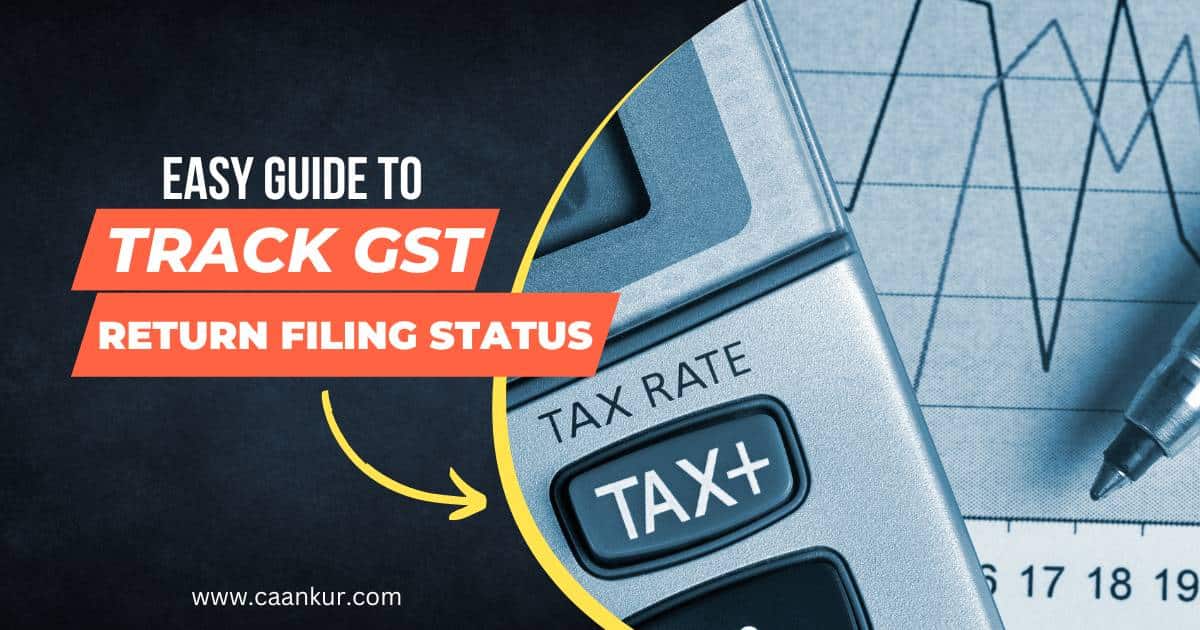The Goods and Services Tax is a comprehensive tax system implemented in India. It has transformed the way taxation works in the country, making it uniform across all states and union territories. However, understanding GST can be tricky when you are running a business. This guide explains the various types of GST, who should register, the documents needed, and the penalties for non-compliance. Further, we have also highlighted some of the advantages that come along with GST registration.
Types of GST
There are 3 types of GST in India:
- Central Goods and Services Tax (CGST),
- State Goods and Services Tax (SGST), and
- Integrated Goods and Services Tax (IGST).
CGST is collected by the central government on an intra-state sale (within the same state).
On the other hand, SGST is levied by the state government. For transactions happening within the same state, CGST and SGST are charged.
However, when a transaction is inter-state (between different states) or imports/exports, IGST is levied, which goes to the central government. It ensures that the state tax components are appropriately divided among the states involved.
Who Should Register for GST?
If you’re running a business in India with a turnover exceeding Rs 20 lakhs (in most states) or Rs 10 lakhs (in North Eastern and hilly states), you must register for GST. Some other cases where GST registration is mandatory include:
- Non-resident taxable persons,
- Agent of a supplier,
- Persons paying tax under the reverse charge mechanism,
- Input service distributor (ISD), and
- E-commerce operators or aggregators.
You can voluntarily register for GST despite your turnover does not cross these thresholds. It can give your business an edge, especially in dealing with larger organizations that prefer to do business with GST-registered vendors.
Types of GST Registration
GST registration in India is divided into two types: Normal Taxpayer and Composition Taxpayer.
A Normal Taxpayer must pay taxes regularly and file monthly or quarterly returns. It’s suitable for businesses with a turnover of over Rs 1.5 crores.
The Composition Scheme under GST allows small taxpayers to reduce their taxation burden. It’s suitable for businesses with a turnover of up to Rs 1.5 crores (Rs 75 lakhs for North Eastern and hilly states).
GST Registration New Limits & Applicable Dates
After raising demands from the MSME sectors GST council reconsidered the GST registration threshold limits. They have now increased the GST threshold limits, as shown below.
| Aggregate Turnover | Registration Needed | Applicable Dates |
| Earlier Limits – For sale of Goods/Providing Services | ||
| When Over Rs.20 lakh | Yes – For Normal Category States | Up to 31st March 2019 |
| When Over Rs.10 lakh | Yes – For Special Category States | Up to 31st March 2019 |
| New Limits – For Sale of Goods | ||
| When Over Rs.40 lakh | Yes – For Normal Category States | From 1st April 2019 |
| When Over Rs.20 lakh | Yes – For Special Category States | From 1st April 2019 |
| New Limits – For Providing Services | ||
| Further, in the 32nd GST Council meeting, no changes were made for the service providers; the threshold limits remain the same for them. Any person who is offering some services needs GST registration if the aggregate turnover exceeds Rs.20 lacs (for normal category states) and Rs.10 lakh (for special category states). | ||
Documents Necessary for New GST Registration Online
The GST registration process is straightforward and conducted online. Further, you can also hire an expert CA to handle your GST registration process. Here are the documents you need to have handy:
- PAN card of the business or applicant
- Aadhaar card of the applicant
- Proof of business registration
- Address and ID proof of Promoters/Director with photographs
- Address proof of the place of business
- Bank account statement
- Digital Signature (Optional)
- Board Resolution for Authorized Signatory
- Email ID and Mobile Number (Compulsory Required)
Fines for Not Registering Under GST
Businesses that are required to register for GST but fail to do so can face penalties. If you don’t pay the tax or make short payments (genuine errors), the penalty will be 10% of the tax amount due, but subject to a minimum of Rs. 10,000. For deliberate tax evasion, the penalty is 100% of the tax amount due.
Advantages of GST Registration
GST registration has several advantages. It helps expand your business, provides eligibility for various tax benefits, and improves your business’s credibility. With GST registration, you’re legally recognized as a supplier of goods and services. It also enables smoother intra-state trading, providing you with a broader reach and potential for growth.
- Legal Recognition: With GST registration, your enterprise is legally approved as a supplier of goods or services. It gives your business a formal identity in the market, increasing trust and confidence among your customers and business partners.
- Eligibility for Tax Benefits: When you are a registered GST entity, you can reclaim the Input Tax Credit (ITC). This means you can deduct the tax paid on inputs from the tax payable on output. It helps significantly reduce your tax burden, which can be a boon, particularly for small and medium enterprises.
- Inter-State Trade Facilitation: One of the most prominent advantages of GST registration is that it simplifies conducting business outside your home state. It paves the way for smoother inter-state transactions and expands your business’s reach across India.
- Access to Online Portals: GST registration provides businesses with access to government portals and apps where various services like return filing, tax payments, and refunds can be availed online. These online services save time and make the compliance process more straightforward.
- Enhanced Business Credibility: A GST registration certificate can boost your business credibility. Prospective clients and partners may prefer to work with GST-registered businesses, as it reflects compliance and integrity.
- Opportunity for Government Tenders: Certain government tenders and contracts require businesses to be GST-registered. Therefore, getting registered can open new avenues for your business.
Summing Up The GST Registration Guide
GST registration is crucial for your business in India. It ensures compliance and provides a platform for potential growth and increased credibility. Registering for GST may seem complex, but with suitable knowledge and assistance, it can be a smooth and beneficial procedure for your business.
With so many advantages GST brings to your business, it is highly recommended that you make your company GST-compliant if you have crossed the threshold mentioned for GST. Since GST registration is not easy, expert advice is always recommended. Further, if you have already decided to be GST compliant, you can avail of the GST registration services to get a hassle-free experience and let the experts take care of the process.






One Response